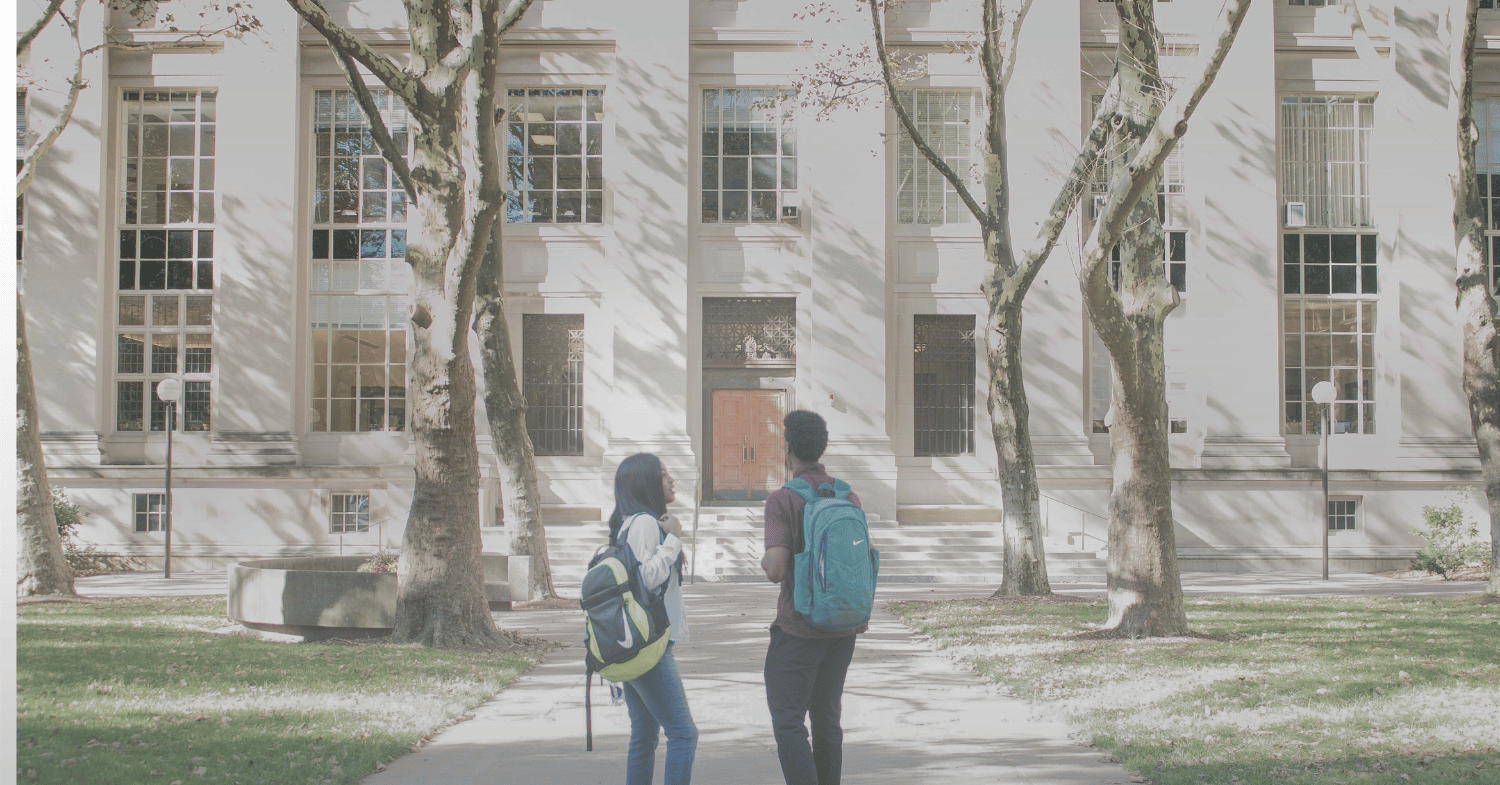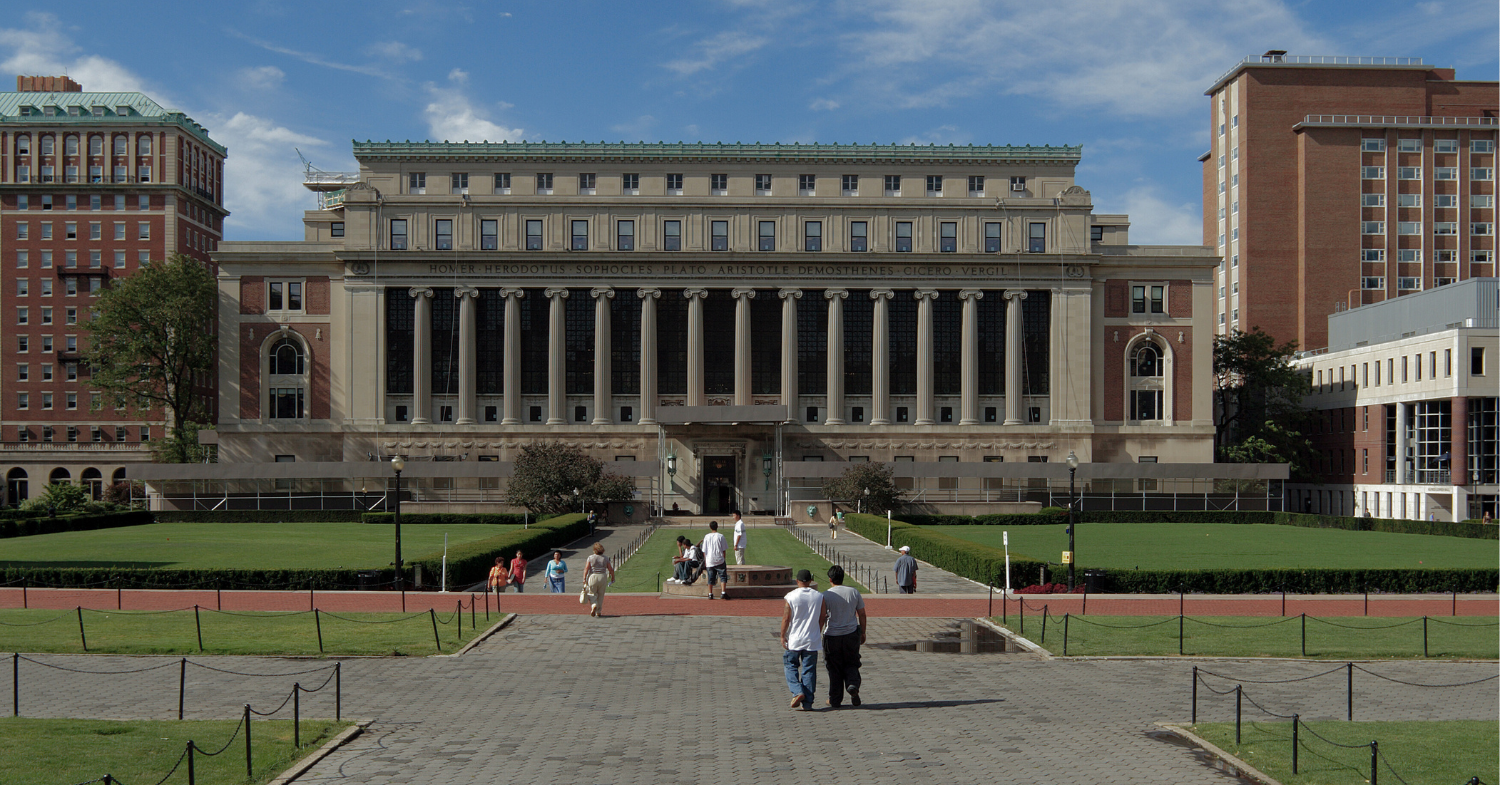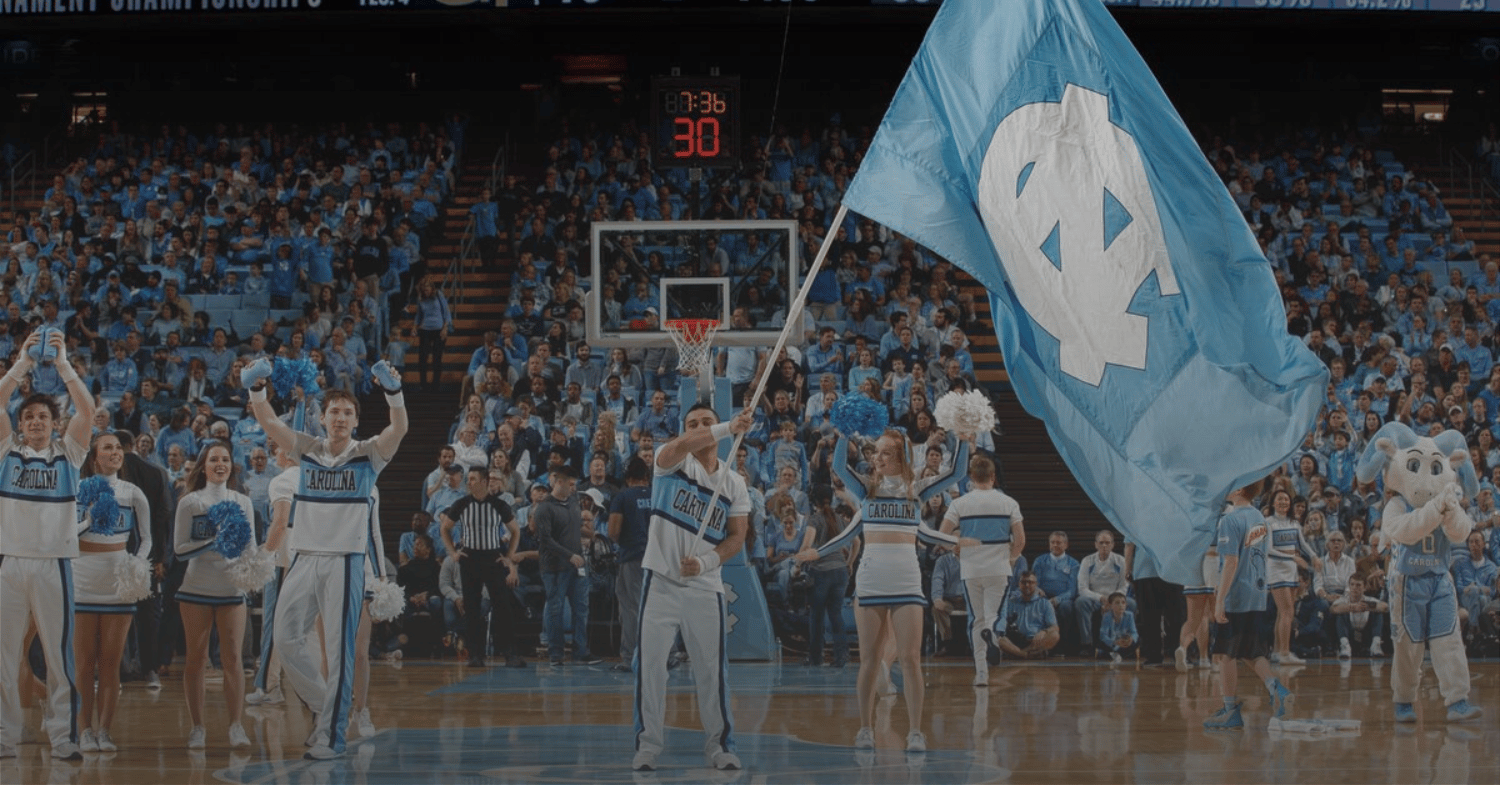How to choose between a Campus University and a City University
The US has some of the most highly regarded universities for their academic credentials as well as their beauty! It’s little wonder that thousands apply to study at these prestigious institutions every year. It can be difficult, though, to decide which university to attend, particularly given how different campus-based universities are from city-bases ones. With our helpful guide, however, you’ll get a feeling for what those differences are and where you’ll feel most at home.
What is a campus university?
Campus is the Latin word for ‘field’ or flat, open space, which should go some way to explaining what’s meant when we refer to a ‘campus university’. Campus universities are those with buildings and activities that are contained within a defined area, in which students’ learning, living, and socialising take place.
Campus universities can be seen as broadly self-contained environments, where facilities and accommodation are located close to libraries and faculties. Everything is often within easy reach, and usually walkable from wherever you are on the campus, so it goes without saying that most of your time will be spent on campus as everything’s on your doorstep!
Pros and cons of campus universities
| Pros | Cons |
|
✅ Easier to meet fellow students and develop strong relationships quickly as you’ll be living and studying alongside one another. ✅ They help foster work–study balance as facilities for extracurricular activities and academic study are located close together and near your accommodation. ✅ Strong social and academic identity and solidarity among students. ✅ Easier access to school facilities (lecture halls, libraries, dorms, student unions, dining halls). ✅ Fewer distractions, allowing for more focus on academic study. ✅ Generally a lower cost of living as there are fewer or even no commuting costs, and your accommodation will most likely be owned by the university. ✅ Nothing stops you from exploring beyond the campus and seeing what the local area has to offer. You can even live away from the campus, knowing all your academic commitments will be in one place. |
❌ Can feel disconnected from the local area and off-campus opportunities, including meeting people who aren’t students. ❌ Limited entertainment, cultural, and work experiences compared to a city environment. ❌ Can feel stifling being in the same area with the same people for most of your time. |
What is a city university?
Most universities are at least located near a city, but a ‘city university’ is different from a campus university in that its buildings and facilities are spread around the city itself and integrated within the larger metropolitan area, rather than in a specially designated area.
With city universities there are often clusters of university buildings, or even a ‘central hub’ where many of the university buildings can be found in the city, but most often the buildings will be in different parts of the city and side-by-side with non-university ones. This means travel between them is unavoidable.
Pros and cons of city universities
| Pros | Cons |
|
✅ You feel part of the locale and can engage more easily with people from around the area who aren’t students. ✅ Easier to spot and take up cultural, professional, and networking opportunities that aren’t aimed solely at the student population, e.g. workshops, internships, and jobs. ✅ Greater exposure to the wider world, including gaining experience of living amongst professionals and the non-student population. ✅ Offers experience of what commuting to work will be like after graduation. ✅ Convenient access to shops, local sites, public transport, restaurants, and events. ✅ Can be refreshing to have distinct environments for educational vs. personal life. ✅ Accommodation spaces often have fewer restrictions and it’s easier to have friends and family over. |
❌ Generally higher cost of living, especially in major cities like New York, Boston, or Los Angeles. Remember to factor in transportation to/from lectures and accommodation! ❌ Can sometimes feel less safe and supportive, particularly if not living in university-owned accommodation. ❌ Location of facilities can be less convenient as they’re not heavily concentrated in one area. ❌ Can sometimes feel overwhelming or disconnected from a single-campus community, which can make it harder to meet and socialise with other students. |
Factors to consider when choosing between campus university and city university
Below are some aspects of your university choice that are a good idea to take into account when doing your research. Everyone is different, though, so if you feel you’d benefit from a bit more tailored support for your individual choice, then our expert advisors at A-List can help. Unsure where to start? Book a free Discovery Session with us today!
Academic goals
The academic reputation of the university itself is obviously important, but also consider whether the university’s setting hinders or facilitates access to internships, research, or specific industries (e.g., tech in Silicon Valley, finance in NYC)?
Social and lifestyle preferences
Do you prefer a close-knit, campus-centred experience or a more independent, urban lifestyle? Remember that choosing a campus university doesn’t mean you can never stray from it; equally, choosing a city university doesn’t mean you’ll never feel part of the student population.
Cost of living
City-based universities often have higher housing and daily expenses, but that doesn’t mean campus universities are cheap! Sometimes it can be the other way around, so make sure you research what’s available and consider what your realistic costs will be.
Safety and environment
Campus universities may offer more security, while city universities require more independence in navigating urban life. Depending on what you want, each can be advantageous . It’s important to remember, though, that choosing one over the other doesn’t confine you just to that; it’s often easy to strike a happy balance.
Examples of US universities in each setting
Campus universities: Harvard (Cambridge, MA), MIT (Cambridge, MA), Stanford (Palo Alto, CA), Princeton (Princeton, NJ), Duke (Durham, NC), Brown (Providence, RI).
City universities: NYU (New York, NY), Washington (Seattle, WA), UChicago (Chicago, IL), UCLA (Los Angeles, CA), Boston University (Boston, MA).
Have a look at our interactive map of US universities by state to see where you might like to attend.
The best way of finding out whether a campus or city university would suit you best is to visit them in person, or at the very least virtually, to find out about their academic and extracurricular cultures, what life looks like as a student, and what they can offer you in terms of support for your wellbeing and educational and professional growth.
All of this can, understandably, be daunting and it’s difficult to know how to make such a major decision. But don’t fret! A-List offers Private Consultations to help students navigate these tricky choices and find their best-fit universities, in addition to planning college applications strategically for the US. What’s more, in celebration of A-List’s 20th anniversary, Private Consultations are 20% off (originally £450) for the whole month of February!
Find your perfect US university matches in less than 2 minutes
Want to know which US universities align with your interests and lifestyle? Take our US College Quiz below to get personalised recommendations based on your unique profile!
If you need more tailored advice, our experienced college advisors are here to guide you through the process, from researching universities to crafting standout applications. Get a free Discovery Session to start your journey toward the perfect US university experience.



